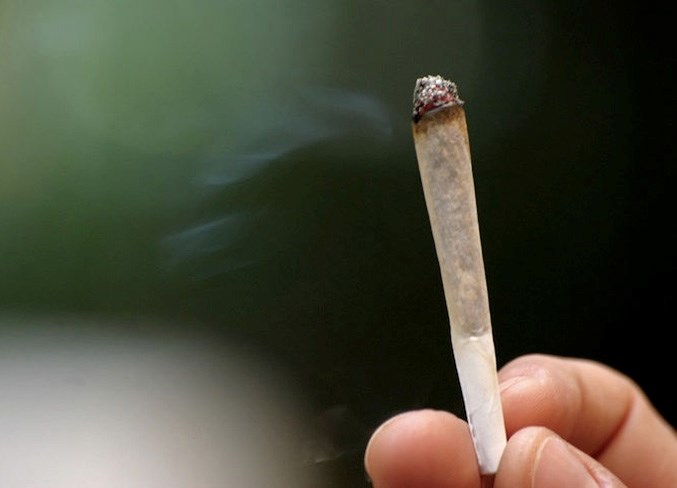Local municipalities are receiving provincial funding to help with the costs that went into legalizing marijuana and increasing law enforcement.
The Town of Bonnyville was approved for the province’s Municipal Cannabis Transition Program (MCTP), which is providing $11.5-million in funding to 52 municipalities over the next two years.
The money is to help cover the cost of policing and other expenses related to regulating cannabis, and was offered to urban communities with a population of over 5,000.
The town will receive over $39,000. Of that, $21,900 is for costs in 2018, and $17,570 is for 2019.
Mayor Gene Sobolewski noted it will “help off-set” their expenses.
“It’s not a lot of money, but we’ll take anything that helps to reduce the bottom line in terms of enforcement, implementation, and operation of the program,” he said.
Items eligible for funding include keeping cannabis out of the hands of children, promoting safety on roads, in work places, and in public areas, protecting public health, and limiting the illegal cannabis market.
While they haven’t received the money yet, town administration plans to put it towards protective services.
“It will offset the expenditures for 2019 by almost $40,000, which is all-good because what that technically does is it frees up (that amount) to be spent somewhere else,” detailed Bonnyville CAO Mark Power.
Sobolewski added, “(The MCTP) is recognition that municipalities are going to be shouldering costs above and beyond what we normally would as a result of the introduction of federally (legalized) cannabis. The province is helping out to an extent, but we’re still going to be looking to the federal government, because they introduced this and it’s their baby.”
For most municipalities changes have already been made to their bylaws in order to include marijuana retail and consumption.
That includes the City of Cold Lake, who plans to put their $65,565 from the program, $37,931 in 2018 and $27,634 for 2019, toward their expenses related to developing policies and regulations.
“Right now, what we’re going to do is monitor with the RCMP if there’s been any kind of uptick in infractions when it comes to driving and stuff. Otherwise, it’s been pretty quiet in terms of anything that I’ve heard,” said City of Cold Lake Mayor Craig Copeland.
Cold Lake CAO Kevin Nagoya believes their funding covers the administration costs that went into preparing bylaws.
“It’s a sum of money that’s intended to help municipalities create these bylaws and help with the costs and the administrative horsepower to get the work done,” he stated.
Copeland noted it’s too early to tell if there’s been an increase in activities for police officers since the legalization of cannabis.
“We’ve got to wait until the end of the summertime to see how many complaints we get... For bylaw officers, that’s going to be the number one now and (we’ll see if the funding) is going to be sufficient for the amount of calls bylaw gets.”
Power agreed, “I don’t think we’ve seen a significant cost associated with enforcing it yet, but that’s not to say we won’t in the future.”
The MD of Bonnyville won’t receive any financial support through the MCTP.
According to MD CAO Luc Mercier, that’s because “as a rural municipality, we didn’t qualify for provincial funding to help offset with any additional costs.”
Reeve Greg Sawchuk noted they stuck to the province’s guidelines when it comes to retail establishments and buffer zones from schools.
“What is still upcoming is the whole policing of this. We’re kind of waiting for the province to take the lead on that, and then see what the (federal government) is going to do through the RCMP, because it’s not decided yet. We’re going to have to deal with issues as far as policing perhaps in our parks and hamlets.”



